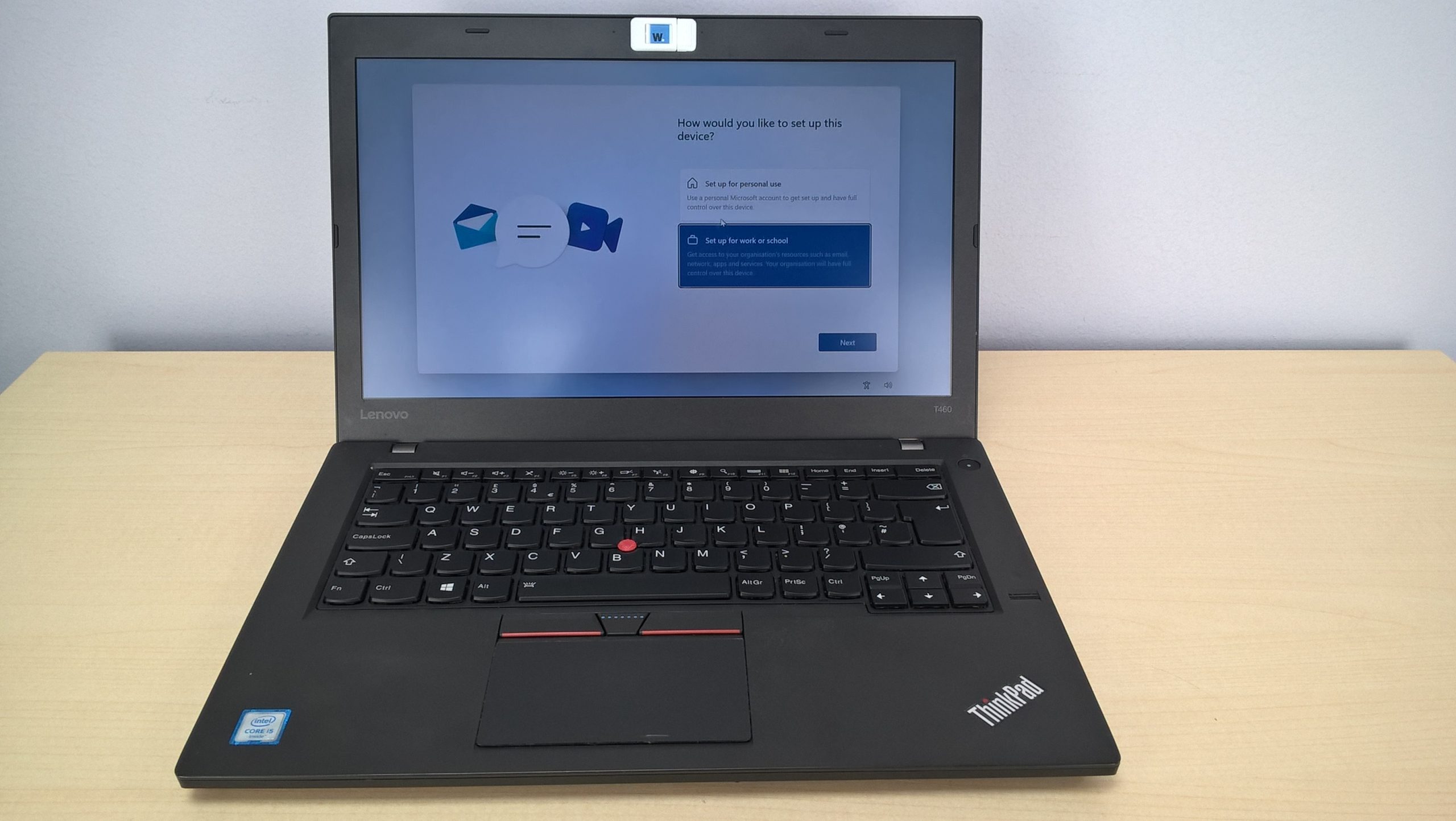Breach at InfraGard: A Major Security Oversight Exposes Sensitive Data for Sale
In a significant lapse of security protocols, InfraGard, a program initiated by the U.S. Federal Bureau of Investigation (FBI) to foster collaboration between government and private sectors on cybersecurity and physical threat intelligence, has fallen victim to a major hacking incident. This week, it was revealed that the database containing sensitive contact information for over 80,000 members has been compromised and is now for sale on a prominent English-language cybercrime forum.
The breach is particularly alarming as the hackers not only extracted the user data but are also engaging with members directly through the InfraGard portal. They have created a new account representing a fictional CEO in the financial sector—an identity that was apparently approved during the FBI’s vetting process. This raises serious questions about the efficacy of the background checks and overall security measures in place within the program dedicated to safeguarding critical information.
This incident serves as a stark reminder of the vulnerabilities inherent in data sharing networks, even those that are designed to protect and enhance cybersecurity efforts. As the implications of this breach unfold, it is crucial for both government agencies and private sector organizations to reassess their protocols to prevent future occurrences.
For more detailed information, you can read the full article here.
Share this content:




Important Security Recommendations Following the InfraGard Data Breach
Thank you for sharing this detailed report. Security breaches like this highlight the critical importance of robust vetting processes and continuous security assessments for sensitive access programs like InfraGard.
If you’re using WordPress, consider utilizing security plugins like Wordfence